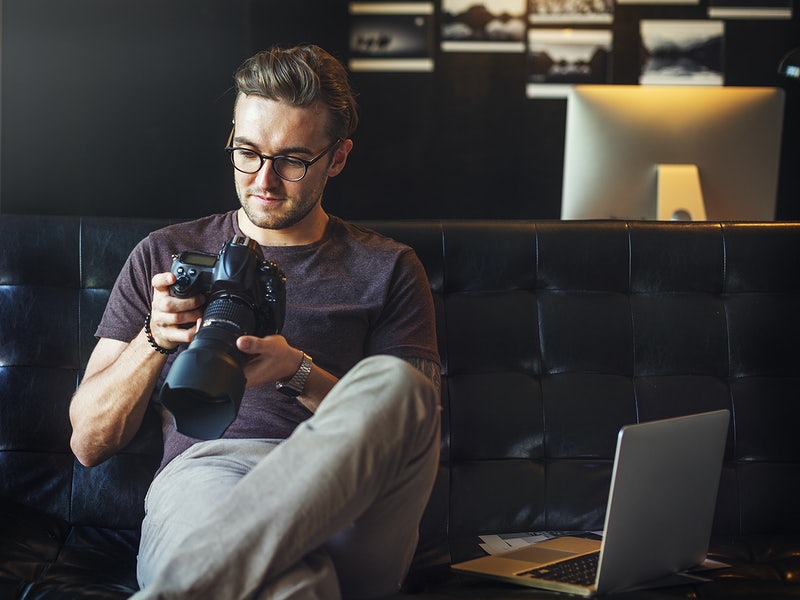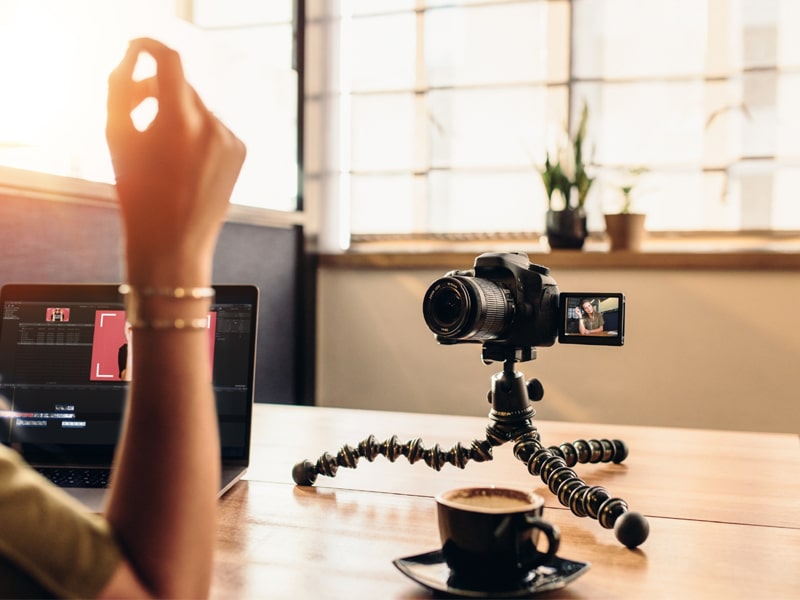Want to be a better photographer

When we start taking pictures, we all want to become better photographers. Even if we do not intend to devote ourselves professionally to it, even if we want it to remain a mere hobby that helps us to express ourselves or to get away, in a certain way, from the reality around us. The fact is that, in order to improve in this artistic discipline, there are a series of behaviors that we should leave aside because they limit us a lot when it comes to creating art. Do you want to know what they are?
Trusting Luck
This happens, especially, when we start. When we have not yet mastered the language of photography and/or our camera. I’m sure that more than once this has happened to you, you’ve started taking pictures and, suddenly, you’ve got a great image that you don’t even know how you’ve been able to capture.
Being a better photographer means, among many other things, knowing exactly what happens when you click and also what makes a picture good or bad. It’s not like good photographers to take good pictures “without knowing how”. That is, it is not like good photographers to blindly trust in luck. Good pictures, as a rule, should always be worked on.
And the only way to work on a photo is to know what we have in front of us, what we want to achieve, how we should work on the composition level to achieve it and, above all, to know how the photographic equipment we have in our hands works so that we can capture what we have in mind.
Shooting the Crazy
A lot has been said about this, and it is one of the great vices that digital photography has brought: the film is not finished, so there is no fear of shooting, shooting and shooting. And something good will come out. That’s not taking pictures, that’s shooting a machine gun. When our intention is to become better photographers we should stop and think about what we are doing. Think about every picture or at least be aware of what we’re shooting.

No Print Pictures
Another of the vices of digital photography: we have become accustomed to seeing our images, always, on a screen. And the truth is that a photograph doesn’t look the same on paper as it does in digital. Not only because of the quality of the print or the sensations that can be produced by having your photographs physically in your hands. Seeing images in such a different format can make you appreciate things that you might have overlooked when evaluating them in a digital medium.
No Read Photography Books
In the era we live in, where we are all permanently hooked on the computer, the smartphone or the tablet, we should take some time to return to our old companions: the books. There are countless books that deal with photography as the main subject. But the really important books, in my opinion, are those that do not deal with technique.
The basic photographic technique is very simple: if you know how to expose well and have a good eye when composing, you are halfway to becoming a good photographer done. Practice is the other half way.
Follow the Rules Blindly
Whatever they are: composition, presentation, exhibition. In art there are no rules. At most, small guidelines that can help you in a moment of doubt to achieve a more pleasing result on a visual level. But at no time should you let them take your picture. The best thing you can do with a rule is to learn it, know how to use it, understand what it gives you and, when the time comes, know how to break it.
Focusing too much on technique
A photograph, to be good, must be perfectly focused, perfectly exposed, perfectly composed. That’s not true. A photograph can be good even if it is blurred, jagged or has flaws in the composition. This is something that I personally have learned over the past year: focusing too much on technique can make your photographs less expressive or, in the worst case, lose the opportunity to take some concrete pictures. Free yourself from the burden of wanting to do it “right”.
The Conclusion of All This
There is only one way to become a good photographer: by learning photography. But learning photography does not mean knowing how to expose or knowing all the rules of composition. It means knowing how to distinguish a good photo from a not so good one, knowing how to get with the camera what we have in our heads. Being aware of the photographic process in general.
And this is achieved by taking pictures, seeing pictures, reading about photography, reflecting on photography, experimenting with your camera and with your own images. Don’t let anyone tell you that you are doing something wrong. Because if you are doing it expressly, being aware that it is the only way to get what you want, you are not doing it wrong. You’re doing it perfectly.
